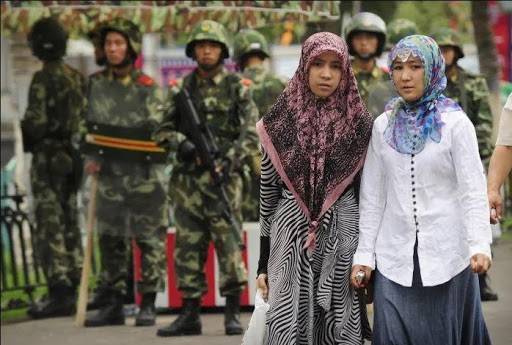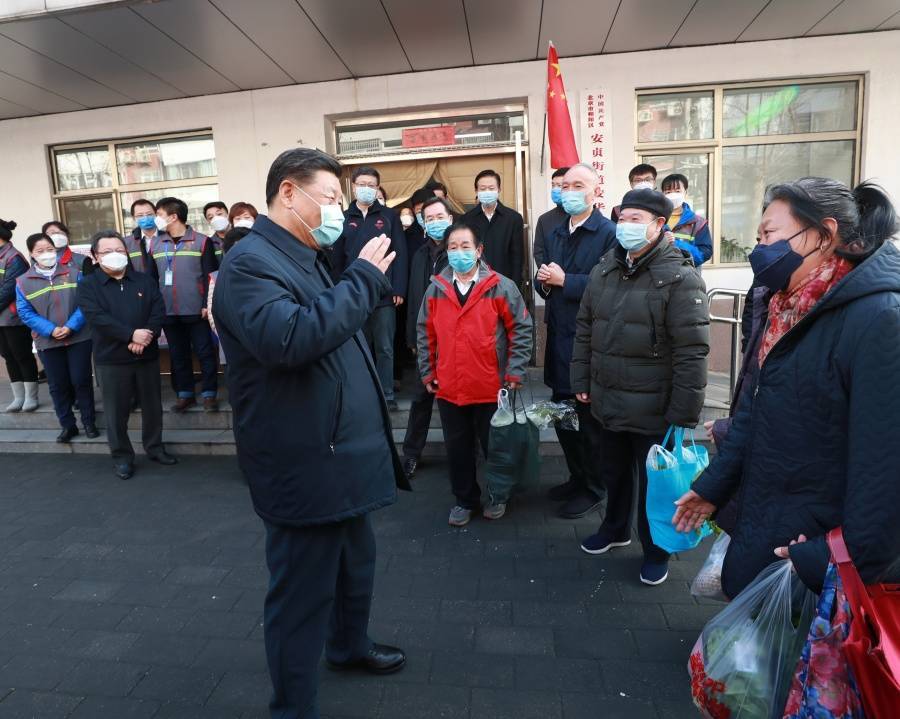CCP is finding it difficult to ascertain ‘how much liberty to provide women for the sake of long-term stability.”…reports Asian Lite News
Amid a declining fertility rate, the Chinese Communist Party (CCP) is adopting and implementing policies that undermine women’s most basic rights like bodily autonomy, a media report said on Sunday.
The CCP has in recent times, adopted new policies seeking to increase birth rates in order to avert the impact of a rapidly ageing population. The new policy offers a variety of benefits, including a considerable decrease in unlawful pregnancy abortions and a near elimination of unregistered children, while using a system of incentives and penalties, The Hong Kong Post reported.
However, CCP is finding it difficult to ascertain ‘how much liberty to provide women for the sake of long-term stability,’ the report said.
A recent law titled ‘China’s law on the protection of women’s rights and interests’ gives insights into the ideas of the CCP with respect to women.
The law treats women as entities other than men requiring “special considerations and protections” according to China Law Translate (CLT). CLT is a translation project run by Jeremy Daum, Yale Law Tsai Center Fellow.

Another law called, ‘Family Education Promotion Law’ calls for women to play their “special role” in promoting the family values of the Chinese people, to establish what CCP considers a “positive family situation.”
With Beijing’s obsession with numerical objectives, it’s easy to see a 180-degree reversal of the anti-natalist techniques used during the decades of the one-child policy, with local Party officials now assessed on their performance in increasing, rather than decreasing birth rates in their jurisdictions.
“A decade ago people were horrified by Feng Jianmei’s forced abortion. Now authorities say they will prevent (some) abortions. This reversal can appear stunning for those unfamiliar with the control-at-all-cost ethos underpinning Beijing’s birth policies,” said Mei Fong, a journalist and author of One Child: The Story of China’s Most Radical Experiment.
The health-care alternatives accessible to Chinese individuals have changed due to the implementation of new policies. A Washington Post investigation in December discovered that 12 hospitals in Shanghai, Beijing, and Guangzhou were no longer performing vasectomies, much to the dismay of many young couples contacted.

“As soon as they want access to your uterus, they start sweet-talking you,” one netizen said last year in response to a state media hashtag that read #Eliminate Backward Concepts Like “Men Are Superior To Women” and “Beget Male Heirs To Carry On The Ancestral Lineage”.
The CCP faces an internal conflict where it seeks to address its demographic problems which it feels is important for long-term stability, while at the same time it wants to maintain a facade of promoting women’s rights.
However, the facade falls quickly when one looks at the abysmal representation of women in the CCP, the harassment that people like Peng Shuai and Xianzi faced for speaking out against gender-based abuse and regular censoring and shutdown of feminist social media accounts in China.
“With the one-child policy, Party officials destroyed China’s society with a single ill-conceived demographic crash campaign. This is how they may duplicate the stunt a second time, in reverse. This will have a long-term negative impact on women’s rights, gender relations, and China’s future,” the report concluded. (ANI)













